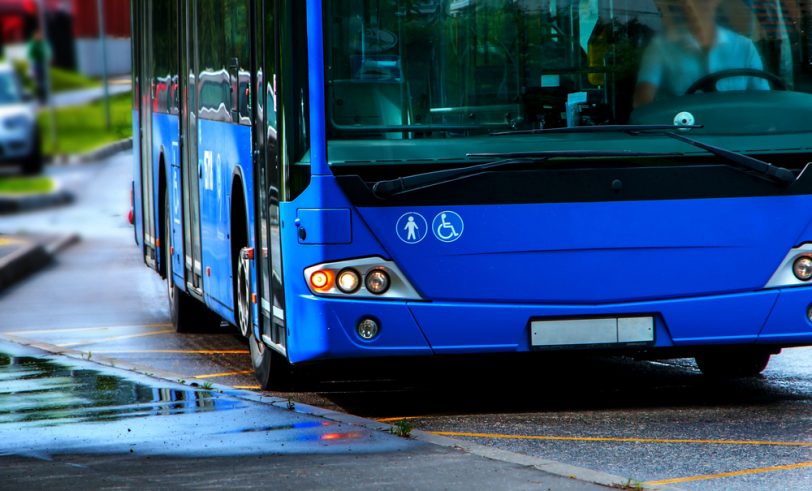About That “Economic Impact Study” Conducted on Free Bus Service in Kansas City . . .

In a January 26, 2020 column for The Kansas City Star, the CEO of the Kansas City Area Transportation Authority (KCATA) advocates for making bus transit inside Kansas City free. His piece is largely an emotional appeal, but then he offers this:
But don’t take my word for it. Look at the research. An economic impact study was conducted by the Center for Economic Information at the Department of Economics at the University of Missouri-Kansas City that indicates between $15 and $17 million will be generated from the Zero Fare initiative. For those living paycheck to paycheck, as most Americans are, the cost of a monthly bus pass or cumulative single fares can make the difference in deciding which bills to pay. Tax revenue alone is expected to increase about $700,000 from the increased spending, and 100 jobs would be created.
UMKC’s Center for Economic Information (CEI) has no such study on its website. And the public information officer at KCATA responded that the CEI had not yet presented the final version of its paper. So I asked for a copy of whatever the KCATA CEO had used to make his claim. I was sent a four-page “draft mini report” dated December 5, 2019. (A PDF copy of this mini-report can be found at the bottom of this page.) The report does not list an author. But it didn’t require a degree in economics to see serious flaws in the analysis.
First, the study does not contemplate the net effect of a fare-free bus system—it simply adds up the costs saved by passengers and ignores any additional cost occurring elsewhere. It does not consider any additional tax, reduction on city spending in other programs or additional costs to the KCATA due to increased demand and wear and tear. Like a child arguing in favor of getting a family dog, the report counts all the benefits and none of the cost. For this reason alone this mini-report ought to be dismissed immediately.
I shared the draft report with some university economists for their comments. Each of them pointed out the failure to account for additional spending to cover the lost fare revenue.
Dr. Howard Wall at Lindenwood University in St. Louis pointed out that the authors misapplied the model they used to calculate the benefit. Understood correctly, the model, called IMPLAN, calculates the impact of additional money injected into an economy from outside—such as the local impact of a large federal grant. But this is not the case with fare-free buses in Kansas City. The policy would only move money already within the local economy by shifting the burden of bus fare. The UMKC mini-report argues, in effect, that one can fill a bathtub by moving water from one side of the tub to the other.
Dr. Byron Schlomach at Oklahoma State University was dismayed by the speciousness of the claims of growth in regional gross domestic product (GDP). The only way regional GDP could rise by the amount claimed in the analysis is if free buses attracted huge numbers of people (or made workers more productive) and added money or physical capital such as buildings and machines. As you can guess, there is no evidence for this anywhere. It’s hard to imagine any scenario in which eliminating bus fare in Kansas City attracts significant residents, jobs, or capital.
Dr. Schlomach also offered another compelling point. He wrote by email, “Pricing plays an important role even in 90% subsidized, publicly-owned enterprises like bus transit. It can provide information for where and when the service is most highly valued and serve as an indicator for where resources should be allocated.” How would KCATA collect information on the popularity of routes if not through the farebox? Perhaps it could install people-counting sensors on every bus entrance, but then that too is an additional expense not considered in this analysis.
But the giveaway from UMKC is on the last page. The draft mini-report spends one-fifth of its total content discussing the ideas of Henri Lefebvre, a 20th-century French Marxist philosopher and sociologist. Why this is included in a memo claiming to be an “economic impact” analysis is a mystery. But it indicates that this was not an attempt to understand the impact of a significant change in public policy—it does none of that.
Rather, it seems that advocates of fare-free buses, aware that the research and experiences of others who have considered fare-free buses, sought out someone willing to make dubious claims of a positive economic impact. That UMKC lent its name to this is a shame.

